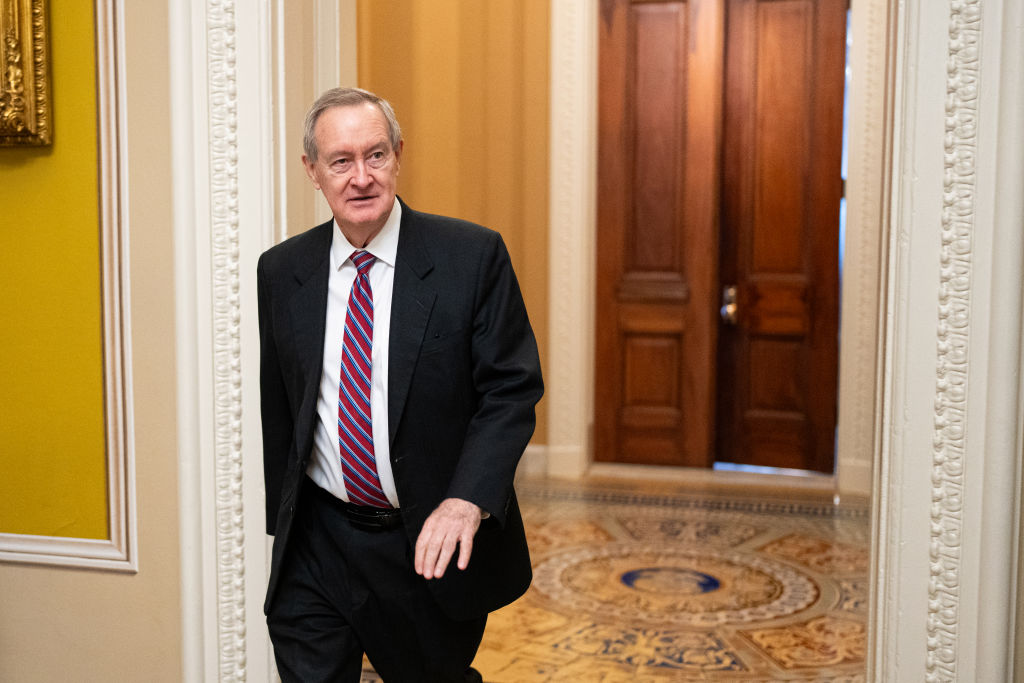The Senate Finance Committee is reportedly postponing the release of critical text concerning tax and Medicaid elements in the reconciliation bill, with expectations now set for next week. This decision, influenced by multiple sources familiar with the committee’s agenda, highlights the ongoing complexities in legislative processes surrounding significant financial policies.
The anticipation of this text has kept financial analysts and policymakers on edge, as it holds potential ramifications for the broader economic landscape. The delay may further complicate efforts to solidify bipartisan support and push through essential reforms in the tax and healthcare sectors.
Walmart’s Strategic Investment in U.S. Manufacturing
Amidst these legislative delays, major corporations like Walmart are taking proactive steps to bolster the American economy. The retail giant has announced an investment exceeding $350 billion in U.S. manufacturing. This initiative underscores a broader commitment to fostering domestic economic growth by supporting products that are made, grown, or assembled in America. Walmart’s investment strategy is expected to create jobs, enhance supply chain sustainability, and contribute positively to the national economy.
Roger Marshall’s Legislative Efforts
In another development, Senator Roger Marshall has been actively advocating for the Credit Card Competition Act. Despite facing challenges throughout the past month, Marshall remains determined to secure a vote on this piece of legislation. He aims to attach it as an amendment to the GENIUS Act, hoping to address issues related to credit card competition and consumer protection.
These legislative efforts reflect a broader trend of addressing financial system inefficiencies and enhancing competitive practices. Such initiatives are crucial for maintaining a robust financial framework that benefits both businesses and consumers.
House Rescissions and Political Dynamics
The House of Representatives has recently passed a series of rescissions, following intense negotiations and some heated exchanges on the floor. This legislative maneuver involves reversing previously allocated funds, often as a means to address budgetary constraints or redirect spending priorities. The passage of these rescissions highlights the dynamic and sometimes contentious nature of fiscal policy-making in the current political climate.
The interplay between different branches of government and the vigorous debates that ensue are indicative of the challenges faced in achieving consensus on crucial financial policies. These developments are closely monitored by various stakeholders, including financial institutions, policymakers, and the general public, given their potential impact on the economy.
As these stories unfold, they underscore the intricate balance required in financial governance and the need for transparent, effective policy-making. Stakeholders are encouraged to stay informed about these issues through reliable sources like fintechfilter.com, as understanding the nuances of financial legislation is pivotal in navigating the evolving economic landscape.
Note: This article is inspired by content from https://punchbowl.news/article/finance/economy/senate-finance-reconciliation-text/. It has been rephrased for originality. Images are credited to the original source.







